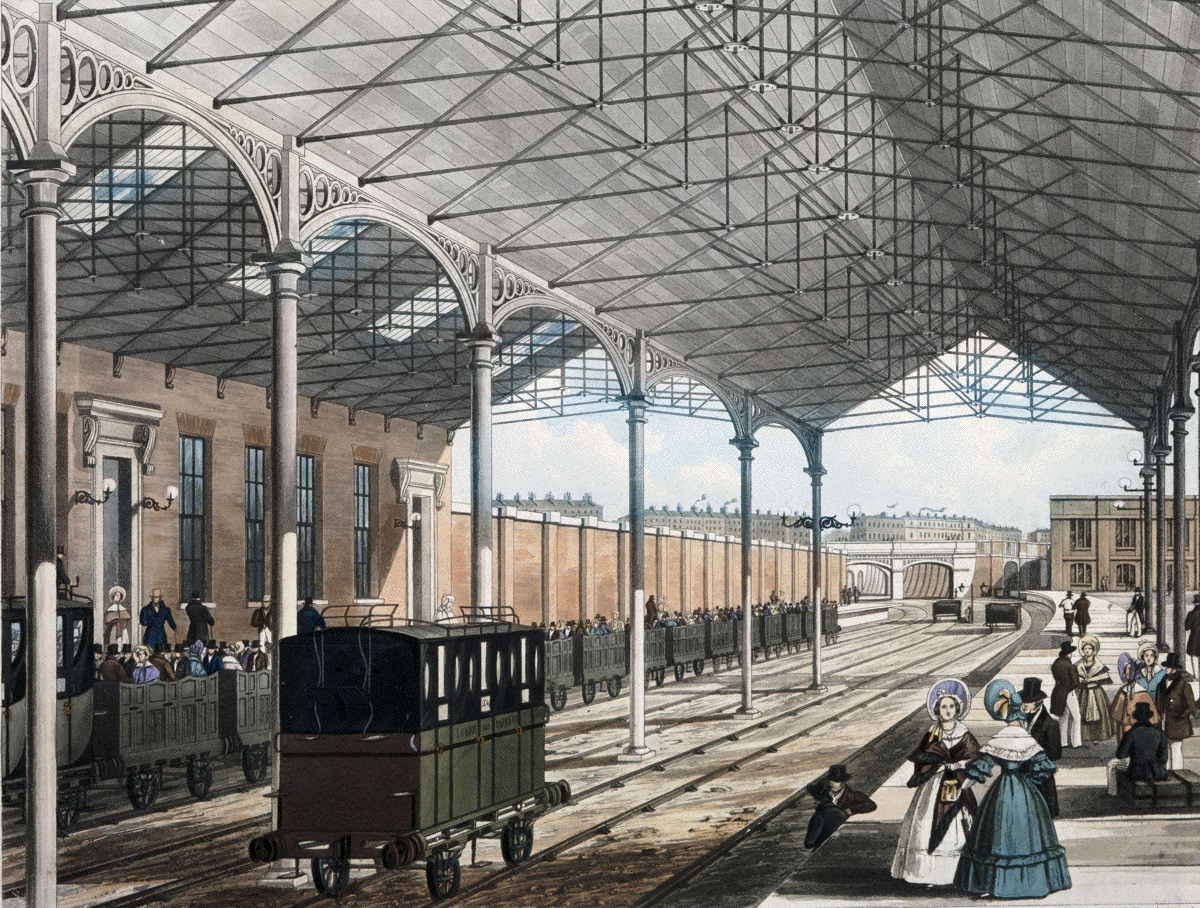The series of wars that make up the Mexican Wars of Re-Unification were a terrible period in early Mexican history. What had started out as a seemingly successful formation of a new federal republic in 1815 eventually shattered under political, regional, and racial pressures in 1825. Many of the states of Mexico vacillated between declaring their independence and declaring loyalty to the various factions that claimed legitimacy as the rulers of all Mexico, with the majority of states surrounding
Mexico City being pulled into various schemes to restore the Mexican state, whereas the states in the north and the south were more likely to declare outright independence. The most notable of these independent states was, of course, Texas, but there were also declarations in the states lining the
Rio Grande, in the
Yucatan and
Guatemala, as well as the states further south. Factionalism tended to break down into four basic camps along two axes, liberal versus conservative and federal versus centralist. The independent states tended to have federalist antecedents and sympathies, but fractured along liberal and conservative lines.
The regime that gained control of Mexico City during the Texan Declaration of Independence sent forces to battle them, but these were quickly dispatched by Jackson's forces, and the Mexicans were forced to concede Texan independence in 1827. That regime fell but it would be two years before another made a strong bid to claim control of Mexico.
In the meantime, the states south of the Yucatan had one attempt at uniting into a federated nation based loosely on the previous
Captaincy General of Guatemala in 1828, but the Constitutional convention fell apart due to arguments between conservatives and liberals.
Yucatan considered itself a republic, with a liberal constitution and federalist leanings, but had its own problems as they not only had to worry about centralist aspirations from the north but native uprisings of Maya as well. There were some attempts to interest the British in establishing a protectorate, but the new Centralist government in Mexico City in 1829 was able to get the British to stay technically neutral, though British Southerners did a brisk business selling weapons and other supplies to the Yucatan government.
With the help of these weapons and a spark of military genius, a young general rose to prominence in the Yucatan after distinguishing himself in the suppression of the Maya insurgency. Jorge Quintana was the son of
José Matías Quintana, an early patriot in Mexico's bid for revolution. General Quintana was named for the American founding father George Washington, and it is said that Washington was an inspiration for the young Quintana. Not only was Jorge Quintana able to decisively defeat the Maya in battle, but he was able to broker a peace with them after that brought the Mayans to his banner. In 1830 he was selected President of the Yucatan Republic, in defiance of the latest Mexico City regime's demands for loyalty. Quintana was able to put a coalition together in 1832 comprising most of the neighboring states with the notable exception of
El Salvador, that was a bastion of conservatism, though they also rejected centralism.
